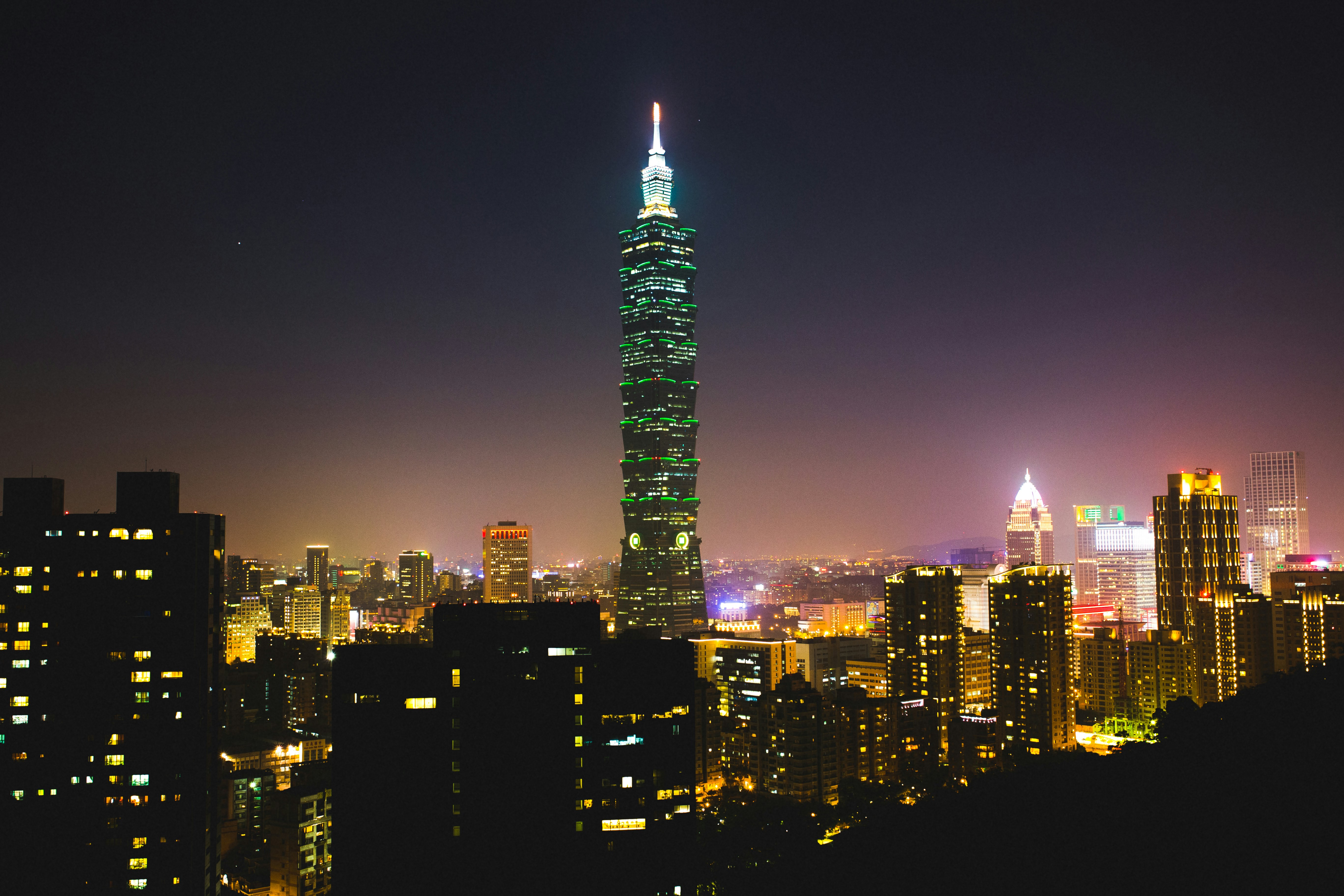Attachments
Note: Not all attachments are visible to the general public. Research URLs will go live after the embargo ends.

Journal/
conference: JAMA Network Open
conference: JAMA Network Open
Research:Paper
Organisation/s:
Southern University of Science and Technology, China
Funder:
This work is supported by the Ministry of Science and Technology of China (grant
2022YFC3702703), the National Natural Science Foundation of China (grant 42107465), the Natural Science
Foundation of Guangdong Province, China (grant 2023A1515011206), Medical Research Innovation Project (grant
G030410001), and Major Talent Programs of Guangdong Province (grant 20210N020921).



 International
International


